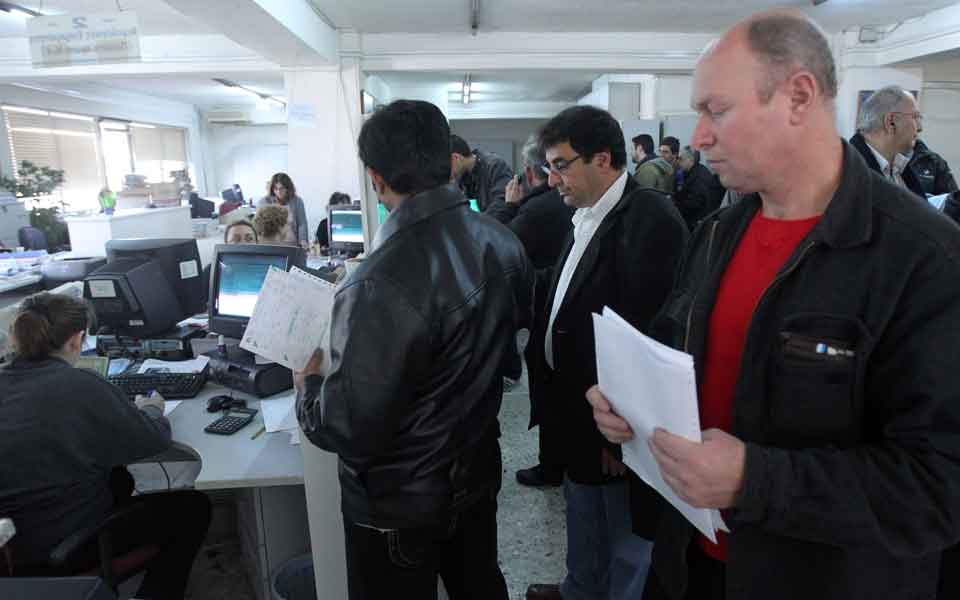Tax cuts not as high as pledged

The government will next month introduce a new set of tax brackets for 2020 incomes, but will take a few steps back from its election announcements to avoid undermining fiscal stability.
The new tax rates, agreed on Wednesday in talks with the country’s creditors, are meant to see the budget reach the target for the 2020 primary surplus. Based on that, the benefits for the middle classes are minimal, but cuts for households with two children are significantly greater.
The income tax cuts planned will start from 17 euros per year for annual incomes of 20,000 euros and reach up to 200 euros for families with two children and an income of up to 12,000 euros. Freelance professionals, however, will be significantly better off, as in 2021 – when they pay the tax on their 2020 incomes – they will see their burden eased considerably.
The new tax bill to be submitted in Parliament over the next 10 days will provide for a basic tax rate of 9 percent concerning incomes up to 10,000 euros per year, and 22 percent for the next 10,000 euros. The current tax rate of 29 percent for incomes between 20,000 and 30,000 euros will decrease to 28 percent; likewise, the 30,000-40,000-euro income bracket will have its rate reduced from 37 to 36 percent, and the top bracket (for incomes over 40,000 euros) will see its rate drop from 45 to 44 percent.
The government is rolling back its promises on the tax-free ceiling: The ceiling for an unmarried taxpayer will stay at 8,636 euros, but for families with one child it will rise from 8,863 to 9,000 euros, although the government had promised an increase of 1,000 euros per child. Two-child families will see the threshold rise from 9,090 to 10,000 euros, while those with three children are in for a threshold increase from 9,545 to 11,000 euros.
On the other hand, freelancers and generally all personal enterprises will be the biggest earners from this tax bill: The decline of the basic tax rate from 22 to 9 percent will see 350,000 professionals save around 1,300 euros each.





